Life
Sign up for our newsletter
We summarize the week's scientific breakthroughs every Thursday.
-
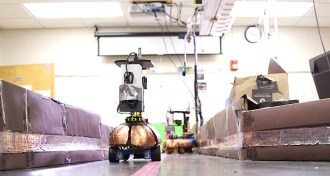 Tech
TechHere’s what robots could learn from fire ants
Fire ants’ secret to success is prioritizing efficiency over fairness. Robot teams could use that strategy to work more efficiently in tight, crowded quarters.
-
 Life
LifeMore than 2 billion people lack safe drinking water. That number will only grow.
By 2050, half the world’s population may no longer have safe water to drink or grow food. What then?
-
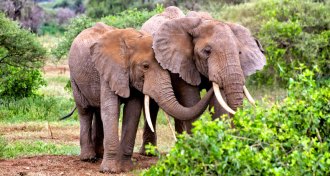 Health & Medicine
Health & MedicineA resurrected gene may protect elephants from cancer
Researchers have found another gene that may play a role in explaining elephants’ cancer resistance.
-
 Life
LifeTiny bits of RNA can trigger pain and itchiness
Two microRNAs may shed light on the causes of nerve pain and itch.
-
 Neuroscience
NeuroscienceStrange brains offer a glimpse into the mind
A close look at unusual brains offers a way to understand how the human mind is constructed, two new books argue.
-
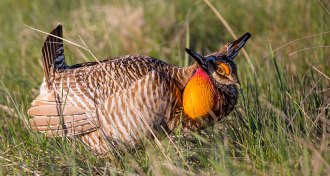 Animals
AnimalsIn the animal kingdom, what does it mean to be promiscuous?
A review of hundreds of scientific studies finds that the label “promiscuous” is applied to a surprisingly wide range of mating behaviors in animals.
By Betsy Mason -
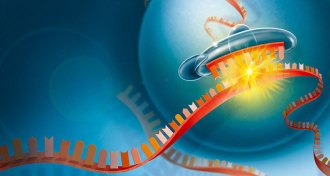 Health & Medicine
Health & MedicineThe first gene-silencing drug wins FDA approval
The FDA just approved the first drug that works via RNA interference.
-
 Paleontology
PaleontologyWhat ‘The Meg’ gets wrong — and right — about megalodon sharks
A paleobiologist helps Science News separate shark fact from fiction in the new Jason Statham film The Meg.
-
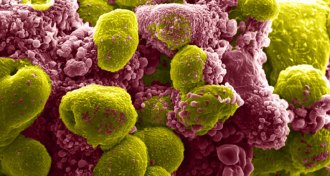 Life
LifeHere’s how fast cell death can strike
Scientists have measured how quickly the signal to commit form of cellular suicide called apoptosis travels.
-
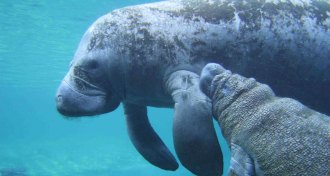 Animals
AnimalsA ghost gene leaves ocean mammals vulnerable to some pesticides
Manatees, dolphins and other warm-blooded marine animals can't break down organophosphates due to genetic mutations that occurred long ago.
-
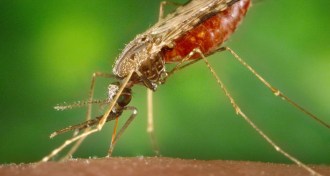 Health & Medicine
Health & MedicineA newly approved drug could be a boon for treating malaria
Tafenoquine could help prevent the recurring form of malaria, but the drug may also be dangerous for people who have a certain genetic mutation.
-
 Climate
ClimateReaders question dark fusion, Antarctic ice melting and more
Readers had questions about Antarctic ice melting, dark fusion and greenhouse gas emissions.